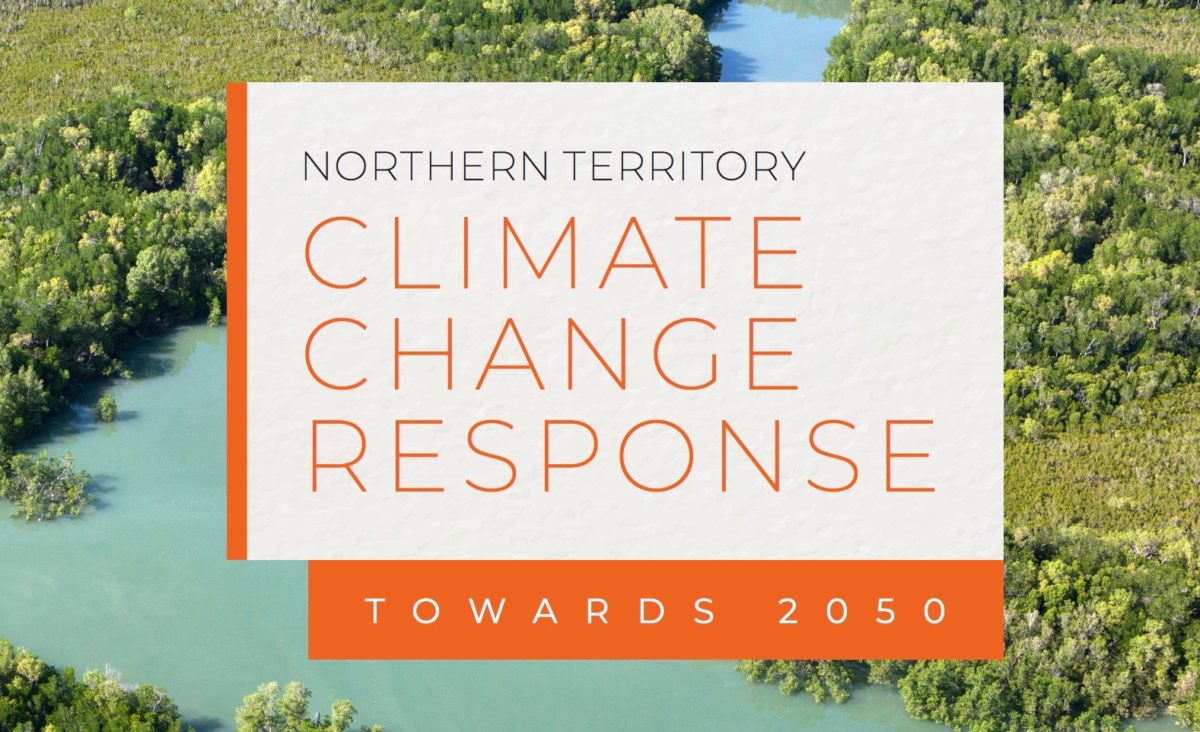The Climate Change Response (Response) builds on the Climate Change Discussion Paper and outlines the Government’s approach to addressing the risk of climate change and how the NT can respond via the creation of new economic and business opportunities.
The Response sets out three clear aims:
- Continue to facilitate the growth of renewables to diversify and strengthen the Territory economy and enable new export industries;
- Build on existing initiatives across the Northern Territory to reduce greenhouse gas emissions across all sectors, in line with the Territory Government’s long-term aspirational target of net zero emissions by 2050; and
- Proactively respond to the impacts of climate change.
The NT is backing its skilled workforce which it believes can deliver ambitious infrastructure projects, such as the proposed 10 GW Sun Cable project near Tennant Creek, the world’s largest solar PV development which would supply electricity to Darwin and Singapore.
The NT sees itself as the “energy corridor for domestic and international renewable energy export that can meet the increasing demand for renewable energy from neighbours that include Timor-Leste, Indonesia, and Singapore.”
The NT Government notes that Climate Change is one of our most pressing global challenges, and its impacts are readily observed in the NT. “Territorians support action on climate change,” said NT Minister for Climate Change Eva Lawler, “want more renewables and want to see our environment protected for future generations.”
“Responding to climate change helps us protect the things we value most,” continued Lawler, “the things we can’t put a price on – and will create economic opportunities for Territorians and Territory businesses through the creation of new industries and local jobs.”
The Government’s Response has supporters across the Territory. Dr Jennifer Ansell, CEO of Arnhem Land Fire Abatement (NT) Limited (ALFA [NT]), a charity made up of Aboriginal Ranger groups that helps Aboriginal and Torres Straight Islander people, said “The Climate Change Response will further strengthen the growing carbon industry in remote Aboriginal communities where they are few other industry and employment options.”
“In particular,” noted Ansell, “the Territory’s aspirational target of net zero emissions by 2050 will continue to drive innovation and opportunity in the developing carbon industry and increase economic activity for existing and new Territory based carbon offset projects.”
ConocoPhillips Australia West President Chris Wilson spoke for the Territory’s big industry by boasting that “the Darwin LNG plant will next year become the world’s first LNG facility to install a large-scale battery to reducing the facility’s CO2 emissions.”
Of course, reduction in CO2 emissions by an LNG facility isn’t particularly helpful when natural gas production still emits enormous quantities of methane. A report by Berlin-based Energy Watch Group this week went so far as to say that the planet would be better of sticking with coal and oil-fired power and heat rather than switching to natural gas.
Territorians can have their say on the Response here. Consultation closes October 31.
This content is protected by copyright and may not be reused. If you want to cooperate with us and would like to reuse some of our content, please contact: editors@pv-magazine.com.









2 comments
By submitting this form you agree to pv magazine using your data for the purposes of publishing your comment.
Your personal data will only be disclosed or otherwise transmitted to third parties for the purposes of spam filtering or if this is necessary for technical maintenance of the website. Any other transfer to third parties will not take place unless this is justified on the basis of applicable data protection regulations or if pv magazine is legally obliged to do so.
You may revoke this consent at any time with effect for the future, in which case your personal data will be deleted immediately. Otherwise, your data will be deleted if pv magazine has processed your request or the purpose of data storage is fulfilled.
Further information on data privacy can be found in our Data Protection Policy.